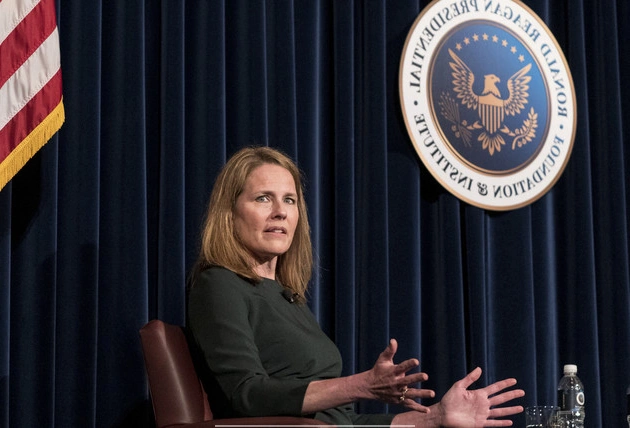
The Supreme Court’s Deliberation
The Supreme Court’s conservative justices signaled Wednesday they are open to allowing the Catholic Church to launch the country’s first publicly funded religious charter school, despite arguments from opponents who say the school would violate the Constitution’s ban on government-established religion.
Support for St. Isidore of Seville Catholic Virtual School
The school’s supporters say a ruling in favor of St. Isidore would clear the way for a new form of public education that would advance religious freedom and school choice.
Implications of the Decision
As the justices discussed how the case intertwined with religious liberty during more than two hours of oral arguments, they also signaled interest in whether a religious public charter school would be a government entity or private actor — and how a potential ruling in St. Isidore’s favor could affect charter school programs across the country.
Justices raised questions about the scope of three Supreme Court cases over the past decade that addressed when public money can flow to religious groups. The school’s advocates have said those three cases suggest that states cannot block churches from using taxpayer dollars to create public schools that teach religion in the same way that many religious private schools have long done.
Chief Justice John Roberts noted the comprehensive involvement in this case compared to previous ones, questioning the level of state involvement in funding religious education.
Recusal and Decision-Making
Justice Amy Coney Barrett has recused herself from the case due to her connection with a Notre Dame professor who advised St. Isidore. With her absence, the case will be decided by five conservative justices and three liberals, potentially leading to a close decision.
If all the liberals oppose allowing the religious school, any one conservative could cause a tie, leaving the Oklahoma Supreme Court’s decision in place.











